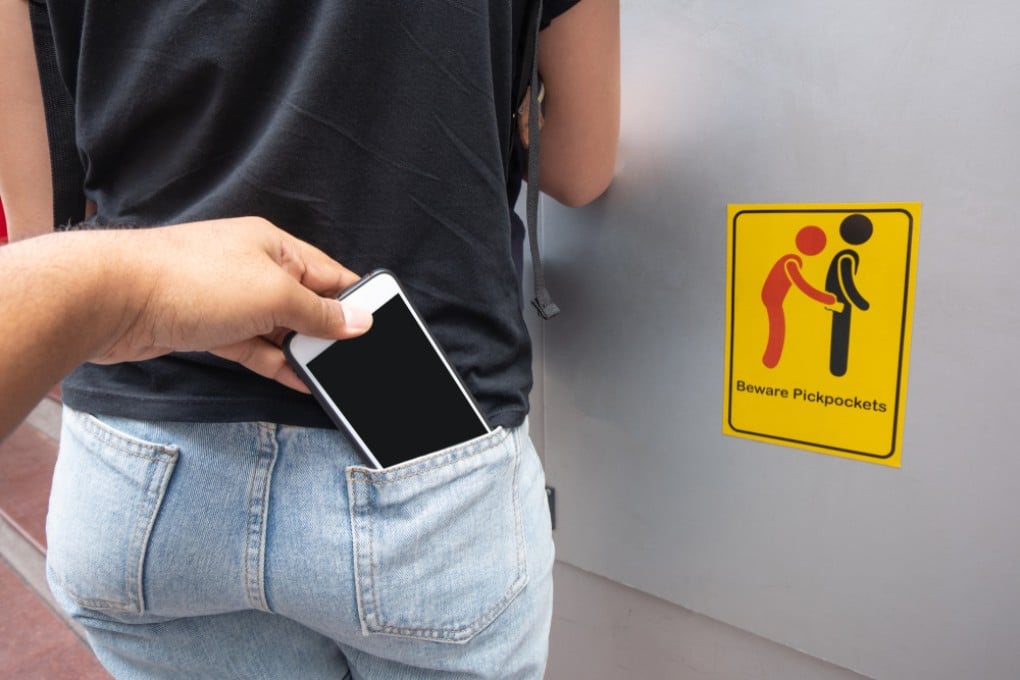Top travel tips: 11 common tourist scams to look out for and avoid being ripped off
Travelling the world is great, but there are some real horror stories of visitors being duped in foreign countries. Don't be one of them

No matter how hard you try to fit into the crowd, when you're travelling abroad, almost everyone stands out as "foreign". If you're wandering the streets of some far-flung locale, you pretty much have the word “TOURIST” flashing above your head like a neon sign, and that makes you an easy target for scammers.
Here are some real scams you might encounter. You have been warned
1. Milk for a hungry baby brother
“Please, I need to buy some milk for my baby brother/sister!” Most people will just give that kid money. But it won’t go anywhere near a baby.
If you think there maybe is a starving infant, and it's better to go with the kid to buy the milk yourself, the kid will steer you to a particular shop. Decline the offer and buy it elsewhere. If you buy from the shop recommended by the kid, you can be sure your milk will have a very short trip straight back to the shop’s fridge, and the money will have a short trip into the scammer's pocket.
2. Money for reformed citizens
If a teenager or anyone old enough, really, asks you for money to help a centre for reformed drug addicts, criminals, etc ... nope. You have no proof that this is what they are putting the money to.